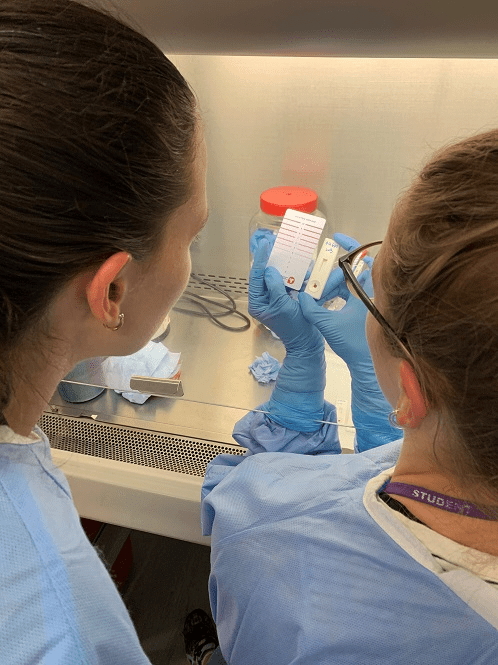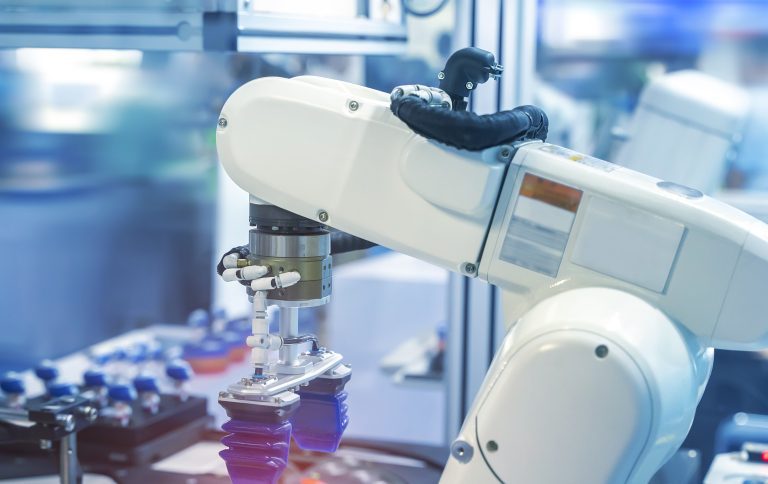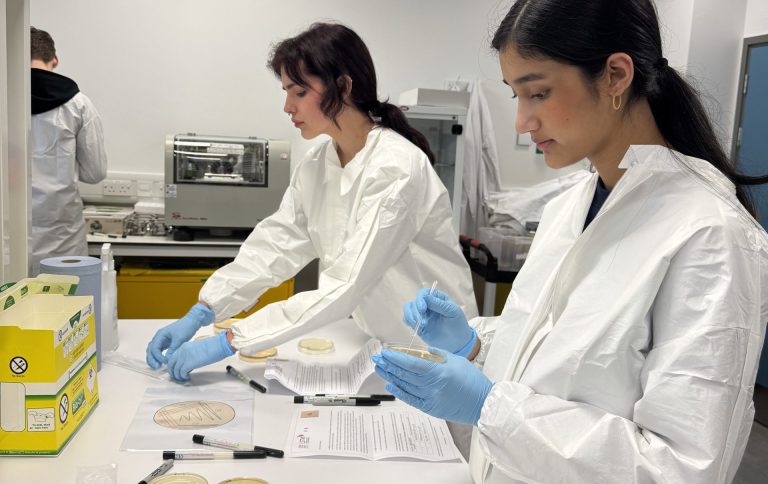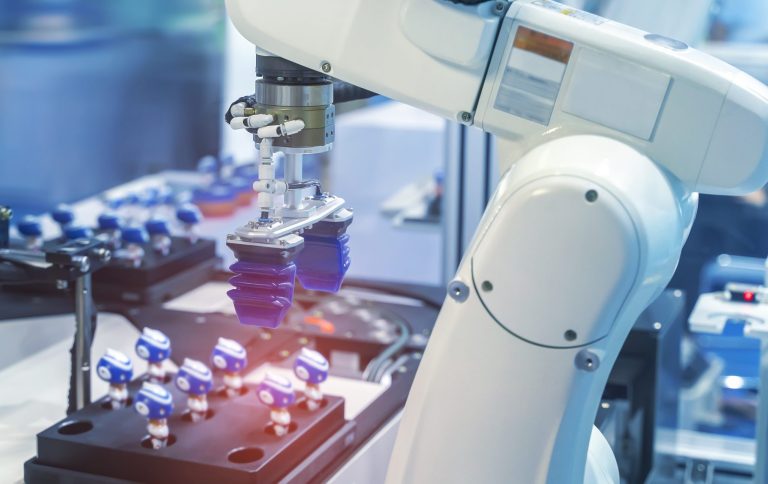- Find our latest Case Studies
- Our Platforms
iiCON validated COVID test used to deliver large-scale testing in Africa

A rapid COVID-19 antigen test, validated by researchers at LSTM through the Infection Innovation Consortium (iiCON), is being used to deliver large-scale testing in key areas of need in Africa as part of a major FIND and UNITAID programme.
The tests, developed by Mologic Ltd, a leading developer of lateral flow and rapid diagnostic technologies, provide health professionals with an accurate detection of the nucleoprotein of the SARS-CoV-2 virus in respiratory swabs, within 10 minutes.
As part of a collaboration supported by iiCON’s specialist diagnostics platform, independent validation and testing by LSTM enabled Mologic’s test to secure CE mark certification.
The consortium supported development and validation through a joint grant from the Wellcome Trust and the Foreign, Commonwealth and Development Office (FCDO) Joint Initiative on Research in Epidemic Preparedness and Response.
Now, Mologic’s tests are playing a key role in supporting high-quality rapid testing across Africa as part of a major programme of investment being delivered through FIND and Unitaid to support technology transfer and boost local production of COVID-19 rapid tests in low- and middle-income countries.
A technology transfer agreement was signed last year between Mologic and DIATROPIX of the Institut Pasteur de Dakar in Senegal to enable expanded production of high-quality antigen rapid tests across the continent. DIATROPIX is being supported by FIND and Unitaid to scale up manufacturing of Ag RDTs transferred from Mologic Ltd.
DIATROPIX will seek regulatory authorization for the transferred tests and commercialise them under its own brand, with the aim of reaching 2.5 million tests per month by 2022, at prices ranging from US$2.50 to US$2.00 (ex-works) with a view to further reductions in the near future.
WHO guidance on national SARS-CoV-2 testing strategies emphasises the important role of high-quality Ag RDTs. They remain the primary diagnostic test for detection of active SARS-CoV-2 infection in decentralised settings where timely molecular testing is not available.
The pandemic has exposed how fragile health systems and an exclusive reliance on global supply chains leave many countries without access to the tests they need to control COVID-19.
Professor Janet Hemingway, founding Director of iiCON, said: “Working with industry to support the development of innovative diagnostics and anti-infectives and overcome barriers to market is at the heart of iiCON’s purpose. The consortium, supported by the UKRI Strength in Places initiative, is designed to bolster the anti-infective pipeline and provide the global community with innovative therapeutics and diagnostics to tackle COVID and other key infectious diseases. This project is a great example of the regional, national and international impact of the iiCON programme.
“LSTM’s diagnostics team, based within iiCON, worked closely with Mologic and St George’s Hospital, University of London to support the company through testing and validation to bring their outstanding diagnostic product to market quickly, cost effectively, and safely. We are delighted that Mologic’s product is being used across Africa under this key agreement which supports the global COVID effort and is bringing real benefit to communities across the continent.”


